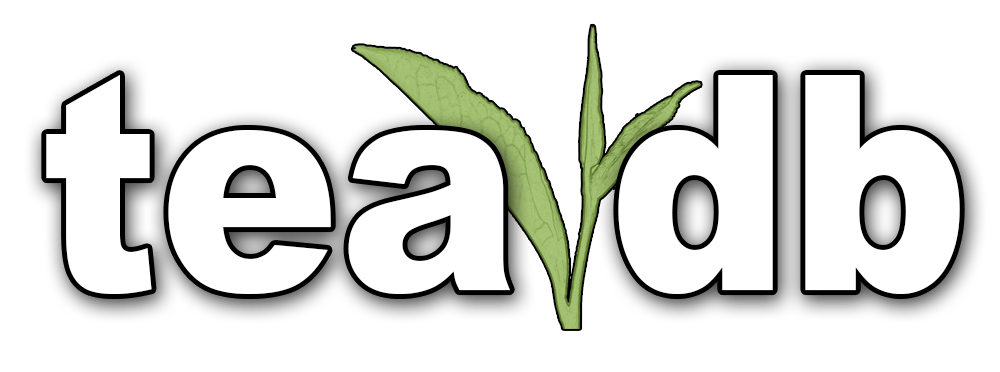This article frequently references and links to babelcarp. Babelcarp is a Chinese Tea Lexicon that is an essential resource for tea nerds that want to dive in further and don’t understand Chinese! This article also sources many maps from a TeaChat thread, original sources vary.
Pu’erh is frequently sold by its geographical farming location. Teas are marketed as being from Yiwu, Banzhang, and Bingdao. These areas exist as physical areas but also serve as important marketing terms for pu’erh. Hot regions like Banzhang or Bingdao can fetch extremely high price tags. Learning these regions are an important part in understanding new school pu’erh as well as the regional terroir of Yunnan. The southernmost prefecture in Yunnan, Xishuangbanna is arguably the most important prefecture within Yunnan for pu’erh. Xishuangbanna is home to Menghai Tea Factory and the six famous tea mountains. It is also where most examples of aged pu’erh base material originates from. In the last 20 years, the pu’erh boom is extremely apparent in Xishuangbanna, an area that generally fetches the highest price for their tea. Within Xishuangbanna, there are dramatically different flavor profiles, from the soft, pleasant aftertaste of Yiwu to the bold and brash Bulang. This post will focus on the eastern regions of Xishuangbanna, which includes the greater Yiwu region, most of which falls under Mengla County. (more…)

![Ripe Pu’erh [October 2014 Tea Drinking Report]](https://teadb.org/wp-content/uploads/2014/05/ripe-puerh3-940x198.jpg)